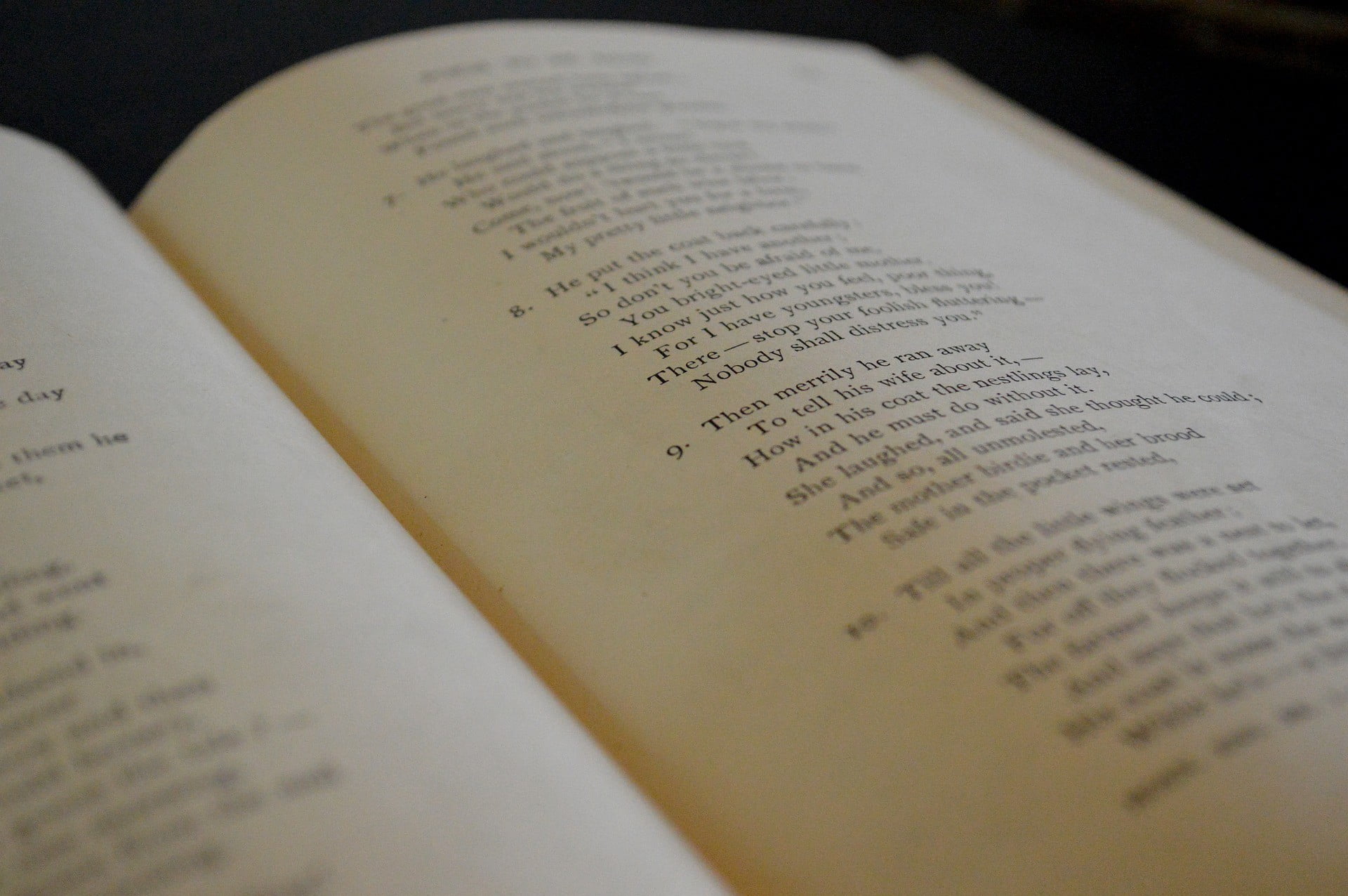
Why You Should Read Stories You Hate
There is valuable writing information to be gleaned from even those stories that you can’t wait to put down.
We’ve all been there — settling in for a relaxing evening with a cup of tea ready to read the latest acquisition from the local bookstore, only to disappointed after getting a few chapters in. What sounded like an interesting plot nestled in promising pages encapsulated by some killer cover art ends up a disappointment. The idea might be there, but the execution is bad. Or the execution is fine, but the idea is the same type of thing you’ve read a million times over. Not all writing is good writing. It’s just a fact of life.
Sprinkle in some personal preference, and you’re bound to read your fair share of books that simply don’t interest you. It may be tempting to dismiss a book the minute it starts losing your interest, but I would encourage you to keep going. No, you don’t have to waste your time reading anything you are not interested in. I believe that it’s okay to put a book down (after giving it a fair shot, of course.) But sometimes you can even the worst of books to help you better your writing — yes, even the absolute worst.
If you’re looking at your bookshelf right now eyeing a particular book that you’ve tried to read about twelve different times and simply can’t get past chapter three, I’d encourage you to give it another look. Think of it as a writing exercise and see if you can take some valuable writing insight from the book, because, if you’re not going to get any entertainment from the fifteen dollars you spent purchasing the thing, at least it can give you some tips and tools of the trade.
Here are three things to note about a boring or downright awful book:
1. Why the book was interesting you in the first place
Pay attention to what grabbed your attention when you first stumbled onto the book. What made you grab it off the shelf and decide to keep it in your hands rather than put it back? What elements of the plot sounded interesting? What have you heard about the author that stood out? Did you read a random page from the middle of the book? What characters seemed intriguing? Make yourself a little pros list about this book and write it down or type it up!
2. What makes it so uninteresting
If you’re contemplating putting a book down, there must be a reason. Take a few minutes to think about it. Come up with a good reason, just like, I would hope, you would do if you decided to end things with a significant other or make a big (and expensive) new purchase. Take a few minutes to come up with valid reasoning, and even take the extra effort to write it down!
Articulate your thoughts about the book. Are the characters flat? Is the plot going nowhere after getting halfway through? Are you still unsure of where everything is even supposed to be taking place?
3. Think about the disconnect between what you noted in step one and in step two
If you were excited about the plot, how come it didn’t pan out the way you were expecting? If there was a character that caught your eye and that you imagined differently, why didn’t this character seem multi-dimensional and fall flat? If the opening chapters put you to sleep, why did that excerpt you read on the back of the book intrigue you? Compare and contrast and (once again) articulate your thoughts and write them down!
Take note of what you’ve learned
Take a few more minutes to think. Identify descriptions that worked in the story, and contrast them with those that didn’t. Think about the how and the why of what worked. Think about the pitfalls that made the writing not work. Again, take notes! These are all things that you can use in your own writing. If a description works incredibly well because it’s vivid and uses a strong voice to explain a character, but that same character seems uninteresting later on, don’t fall into the same trap. Think about your voice and your descriptions all throughout your own writing and stay consistent!
As another example, if the dialogue seems stilted and unnatural to the point where you can’t get through the book, compare the dialogue to your own dialogue! Make sure that you are not falling into the same trap. Read your dialogue out loud — get a friend to help you stage a mini-play to make sure it flows well and seems natural. Read the dialogue from the story that you don’t like, and compare it to your own writing. Does it seem similar? Does one seem better than the other? Why?
We humans learn from imitation — everything from how to walk, to how to drive, to how to write. Yes, we learn to imitate those writers who are incredible and vivid, but sometimes we need a little introspection to learn how not to imitate those writers that we can’t stand. Go ahead and turn your least favorite book into a valuable tool to help grow your skills as a writer. You might as well give it a try — that book you’re thinking of is probably wasting away on your shelf hoping to be of some sort of use, so go ahead and make its day.




